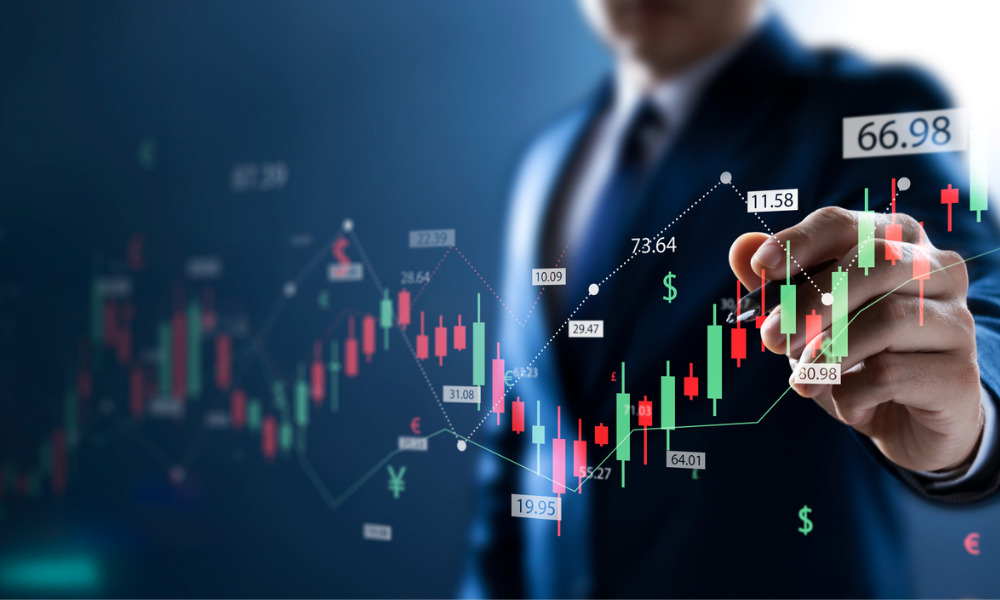S&P 500 companies' repurchases anticipated to overtake trillion-dollar high this year

Companies repurchasing their own shares have been a significant source of support for U.S. equities throughout the fragile market climate of 2023.
S&P Dow Jones Indices project that in 2023, stock buybacks by S&P 500 corporations will reach $1 trillion for the first time in a calendar year. Repurchase authorizations are increasing: as of February 17, they were at more over $220 billion, a record for that time of the year, according to a Goldman Sachs research of S&P 500 and Russell 3000 businesses.
Chevron Corp.'s $75 billion share repurchase program, Facebook parent company Meta Platforms Inc.'s $40 billion program, and Goldman Sachs Group Inc.'s $30 billion authority are some of the largest shares repurchase announcements. Management sees these initiatives as a vote of confidence even though they are normally carried out over several years and at the company's discretion. Also, the stock market has benefited from the repurchase frenzy while competing opinions on the direction of monetary policy are contested.
Although many professional money managers were skeptical, major indices evened out a little gain at the beginning of the year amid optimism that slowing inflation may prompt the Federal Reserve to halt the pace of interest-rate hikes. Some investors have been compelled to reevaluate their expectations for Fed policy as a result of recent hot economic data. After three straight weeks of losses, the S&P 500 has reduced its year-to-date gains to 3.4%.
According to Ben Silverman, director of research at the investment-research firm VerityData, “buybacks continue to be robust and provide a buoy for individual stocks and the market broadly.”
The increased demand that results from a corporation buying back its own shares often drives up share prices. In contrast to dividend distributions, which are taxed as income, buybacks do not result in extra taxes for taxable investors until they sell shares and generate capital gains.
Based on the most recent Bank of America Corp.'s equity-flows data, corporate clients have net repurchased nearly $13.5 billion worth of shares this year. According to the statistics, that is approximately in line with the record levels from the previous year and contrasts with around $9 billion in net withdrawals from hedge funds, institutional investors, and individual customers.
As a result of buybacks, there are less shares outstanding on the market, which increases a company's earnings per share. Some investors anticipate companies will continue to conduct buybacks as profit margins are pressured to sustain earnings-per-share growth.
Compared to dividends and capital expenditures, which are more rigid once started, companies may more readily change share buybacks to adapt to blips in the markets and economy, investors and experts say.
The decline in stock repurchases in the fourth quarter seems to be excellent news for supporters of buybacks, according to several investors and experts. The excise tax is unlikely to prevent corporations from repurchasing shares this year since there was no discernible pull-back in buyback expenditure prior to the 1% federal tax on buybacks taking effect on January 1.
A few investors and experts said they are still keeping an eye on the political climate around buybacks, despite the fact that few market observers think a 4% buyback tax could pass a split Congress.
Political pressure, according to Mark Hackett, Nationwide's chief of investment research, "would change things.” “The political pressure will be nonzero. But it’s very difficult right now to predict.”



